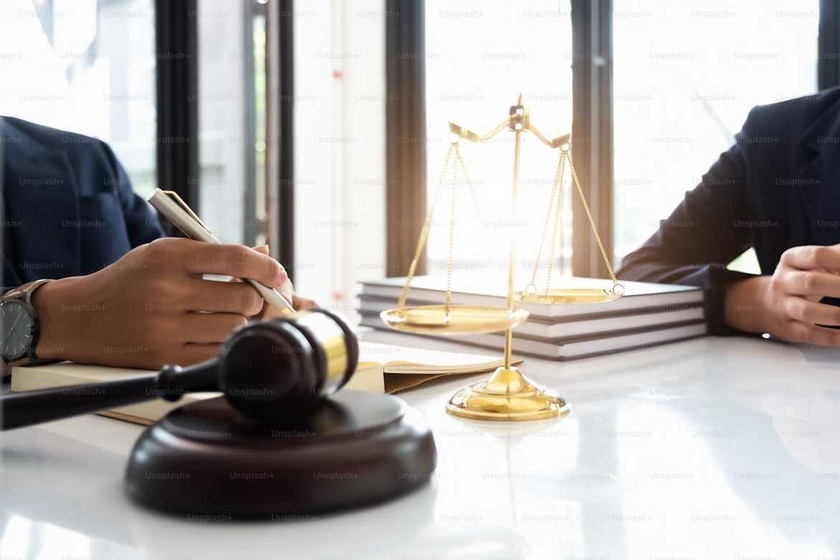Selecting an attorney after an accident is a critical decision. Your choice determines not only the outcome of your claim but also the level of support you receive throughout the process. Different firms focus on distinct practice areas—understanding these specialties helps you match your case to the right advocate.
Core Practice Areas in Personal Injury
Personal-injury law encompasses various niches, each with its own rules and resources:
Auto Accidents: Covering car, motorcycle, bicycle, and pedestrian collisions. Lawyers in this area excel at negotiating with insurers and reconstructing crash dynamics.
Premises Liability: Injuries on another’s property—slip-and-falls, inadequate security incidents, or swimming-pool accidents. These cases demand expertise in premises codes and property-owner duties.
Wrongful Death: Claims brought by survivors after fatal accidents. Requires sensitivity and experience navigating probate issues alongside liability.
Product Liability: Injuries from defective vehicles, medical devices, or consumer goods. Involves complex investigations into manufacturing and design flaws.
Medical Malpractice: Harm caused by healthcare professionals. High-stakes litigation with steep evidentiary requirements and procedural hurdles.
Firms may focus on one or several of these areas, but depth of experience matters more than breadth.
When Generalists Fall Short
A lawyer with a broad practice may handle everything from traffic tickets to contract disputes. While comfortable across many fields, they may:
Lack technical resources: No in-house accident reconstruction team or medical expert network.
Underestimate case complexity: Misjudge the evidence needed for specialized claims like product defects.
Offer less negotiating leverage: Insurance companies respect known specialists more than generalists.
For serious injury claims, a dedicated personal-injury specialist typically secures higher recoveries.
The Benefits of a Specialized Firm
Specialist attorneys bring advantages:
Deep statutory knowledge: Familiarity with specific statutes of limitations, caps on damages, and procedural rules unique to practice areas.
Established expert networks: Ready access to biomechanical engineers, medical experts, and economic-loss analysts.
Targeted settlement strategies: Insight into insurer tactics common in niche claims—e.g., premises liability insurers probing waiver defenses.
Selecting a specialist aligns your case with attorneys who live and breathe that specific area of law.
Evaluating Firm Credentials
When consulting prospective lawyers, consider:
Case results: Look for published verdicts and settlements in your type of incident.
Professional recognition: Membership in organizations like the American Association for Justice or local trial lawyer associations signals peer respect.
Client testimonials: Reviews praising communication, compassion, and outcomes.
Reviewing Avian Law Group’s Services ensures you hire a firm with the exact experience your case demands.
Questions to Ask During Your Consultation
To assess fit and expertise, inquire:
What percentage of your practice focuses on my type of injury?
Do you handle cases in my county or state courts?
Can you describe a recent successful outcome in a similar case?
Who on your team will manage day-to-day communications?
How do you structure fees, and what expenses will I be responsible for?
The depth and clarity of their answers reveal their preparedness and commitment.
Importance of Communication and Resources
A top-tier personal-injury firm offers:
Dedicated case managers: Professionals who coordinate medical records, expert reports, and court filings.
Transparent updates: Regular status reports and accessible portals for document review.
Multidisciplinary teams: Paralegals, investigators, and marketing staff working in concert to build your case.
Effective communication and ample resources reduce stress and ensure no detail is overlooked.
Making the Final Decision
After meeting with several attorneys, weigh:
Expertise alignment: Does their core practice reflect your specific legal needs?
Comfort level: Do you trust their advice and feel respected?
Case approach: Are they proactive about gathering evidence and preserving rights?
Fee transparency: Is the contingency agreement clear about percentages, costs, and disbursements?
Trust your instincts—your lawyer becomes your advocate during a vulnerable time.
Conclusion
Choosing the right personal-injury lawyer means pairing your case with a specialist who understands its nuances and has the resources to pursue maximum compensation. By focusing on core practice areas, evaluating credentials, and asking pointed questions, you ensure your advocate has both the expertise and dedication to guide you confidently through every step of the legal process.




















